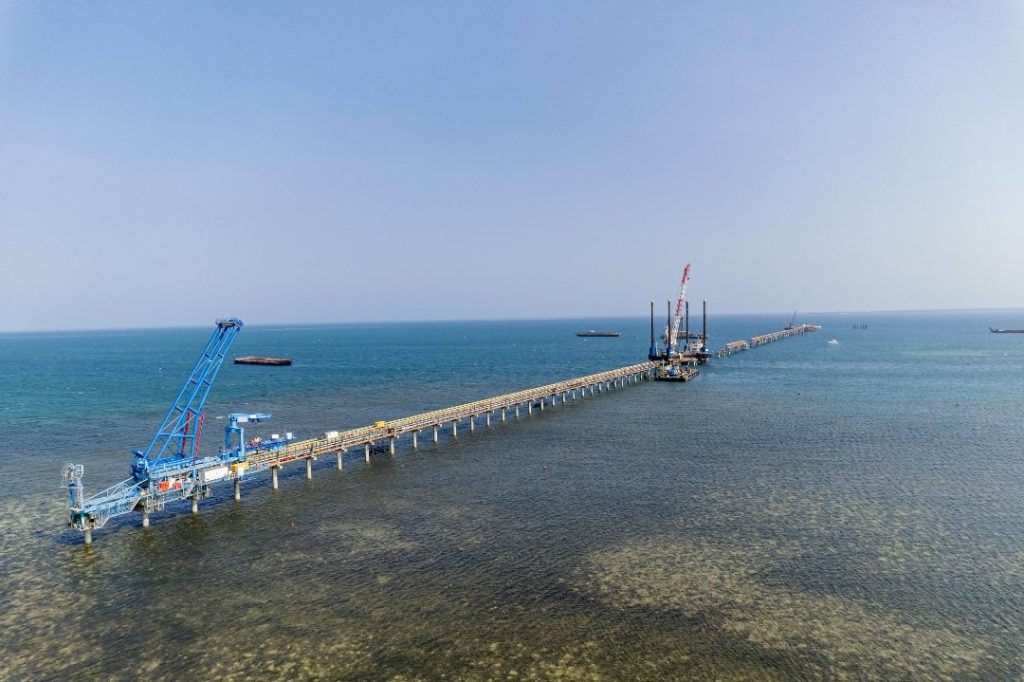The global natural gas market is expected to remain tight in 2025 as demand continues to outpace supply expansion, according to the latest International Energy Agency (IEA) Gas Market Report. This persistent supply-demand imbalance, driven by fast-growing markets in Asia and below-average liquefied natural gas (LNG) production growth, highlights the need for enhanced energy security and international cooperation.
For Uganda, which is developing its oil and gas sector, these global dynamics present both opportunities and challenges. The expected tightness in global gas supply could create a favorable market for Uganda’s emerging petroleum industry, potentially increasing investor interest in the country’s oil and gas projects. However, the volatility in global gas prices and geopolitical uncertainties such as the halt of Russian piped gas transit via Ukraine could impact Uganda’s long-term energy strategy, especially as it seeks to develop infrastructure for domestic and regional energy markets.
As Uganda moves forward with projects like the East African Crude Oil Pipeline (EACOP) and explores gas-to-power solutions, the country must navigate these global market trends strategically. Strengthening regional energy cooperation and investing in sustainable gas development will be crucial in ensuring energy security and maximizing the benefits of its natural resources amid an increasingly fragile global gas balance.


